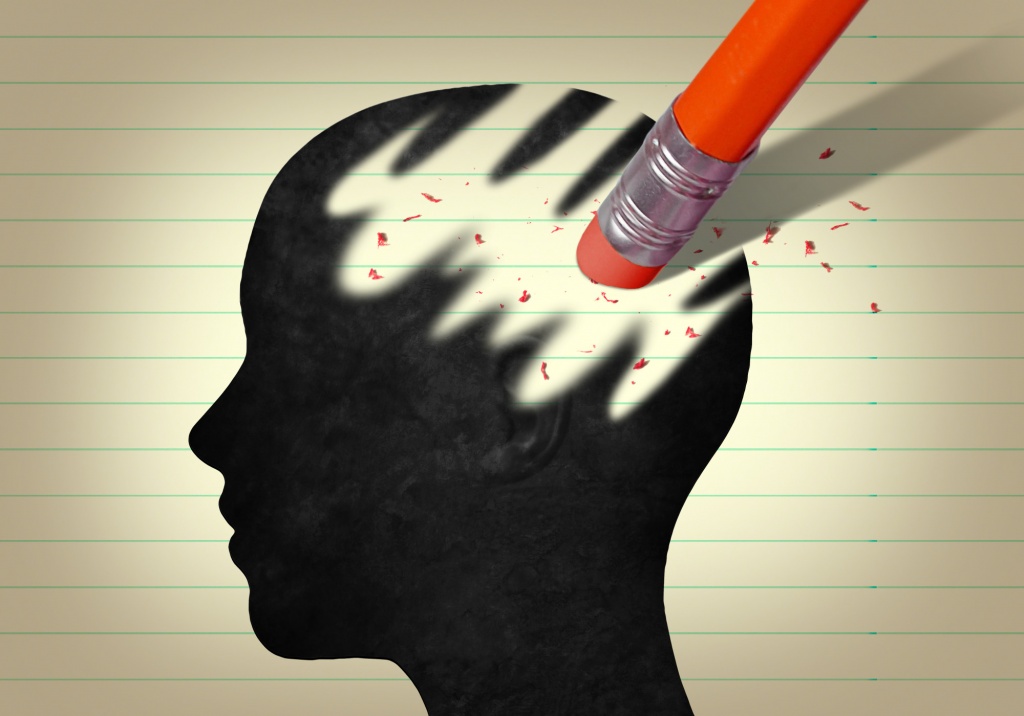Learn about brain health and nootropics to boost brain function
5 All-Natural Solutions for Improving Long-Term Memory


Has your memory been slipping a bit lately? Are you forgetting where you put your keys more often these days? Or maybe you’re struggling to remember names around the office.
A little bit of forgetfulness happens to the best of us. But when 5.8 million Americans are living with Alzheimer’s disease, these lapses in memory can be a bit more foreboding.
Luckily, there are a number of natural methods that can keep your memory sharp even as your age keeps climbing.
If you’re interested in improving long term memory, read on!
Use It Or Lose It
The human brain is about 60% fat. But it operates a lot like a muscle. And like a muscle, it gets stronger the more you use it.
Also like a muscle, if you don’t use it, it atrophies.
There are many different types of cells in the brain, each with a different purpose. These cells are in a constant state of dying and replicating.
But when you stop exercising certain parts of your brain, those cells start to replicate at a lower rate.
For example, studies have shown that individuals with hearing loss that wait to get hearing aids see a decrease in auditory receptors in the brain. And it looks like other brain functions operate the same way.
Stay in the habit of exercising your mind to stimulate your brain. Read books. Play the daily crossword or other puzzle games.
The more you push your brain, the more resilient it becomes.
Give Yourself Leisure Time
While it’s important to give your brain plenty of work to keep it sharp, it’s just as important to give it time off. This might be bad news if you’re a workaholic.
Giving your brain problems can keep it strong, but obsessing over those challenges can lead to increased stress and anxiety.
If you’re one of those people that can’t “switch off,” you might be doing long-term damage to your brain function. After all, you don’t work out your muscles nonstop. Your muscles need periods of rest to heal after a workout.
Mental downtime is essential for a healthy mind. This could be intentional times of meditation or just a simple walk through the woods. When you let your mind wander where it wants, it gives your brain a chance to recuperate.
Some people have even found that this downtime has led to more creative thinking. As your mind wanders, it creates connections between things that you wouldn’t have considered before.
Watch What You Eat
As the old saying goes, “you are what you eat.” And when it comes to brain function, that’s entirely true.
Research has shown that certain foods have a huge impact on your brain’s activity—both negatively and positively.
Foods For Improving Long Term Memory
If you want to give your brain a boost, certain foods can give a major leg up.
Certain types of fish, such as salmon, mackerel, and swordfish are rich in DHA. This is an Omega-3 fatty acid that is essential to brain health. Nuts and leafy vegetables also contain Omega-3 fatty acids.
Antioxidants are also beneficial to brain function. You can find antioxidants in berries, beans, and dark vegetables.
And how do you like your eggs? Eggs are rich in a nutrient called lecithin that improves nerve health. And healthy nerves means a healthy brain.
Herbs like ginseng and Ginko Biloba have also been found to increase cognitive health, making them popular additives in teas.
Foods To Avoid
Just as these foods can improve mental function, other foods can cause destruction.
Added sugars and refined carbohydrates have been linked to a number of health problems—including memory loss. One study found a correlation between sugary soda and lower brain mass.
Similarly, refined carbohydrates have been linked to cognitive decline and even dementia.
On the other hand, whole grains could even help improve your cognitive health.
Get Those Z’s
Why do we sleep?
That question has perplexed scientists for generations. It offered no obvious purpose but going without sleep reeks havoc on your body in almost every way possible.
However, studies in the last few years seem to suggest that sleep is essential in reinforcing the connections between your synapses and cataloging your memories.
That said, it should be obvious that interrupting this process is bad for your long term memory.
Unfortunately, 40% of Americans report getting less sleep than recommended. And while we still have a lot to learn about Alzheimer’s, it appears that this sleeplessness might play a big part in it.
Read more here for more breakthroughs in Alzheimer’s research,
Get Plenty Of Exercise
We often treat the mind and the body as if they are completely different entities. But when it comes to our health, there is a ton of crossover between the two.
A study in 2013 showed that just fifteen minutes on an exercise bike showed immediate benefits to cognitive function.
Other studies have shown that exercise releases neuroprotective proteins that improve synaptic connections and increases overall brain health. Yet another study showed that regular midlife exercise could even reduce the risk of dementia!
Stay Sharper Longer
Many people approach aging with trepidation and fear. This fear is no doubt underlined by a fear of losing our mental faculties.
But if you make these habits for improving long term memory a part of your daily regimen, you can face old age with joy instead of anxiety.
Looking for more lifestyle tips? Visit our Lifestyle Blog!
Click here to view full article